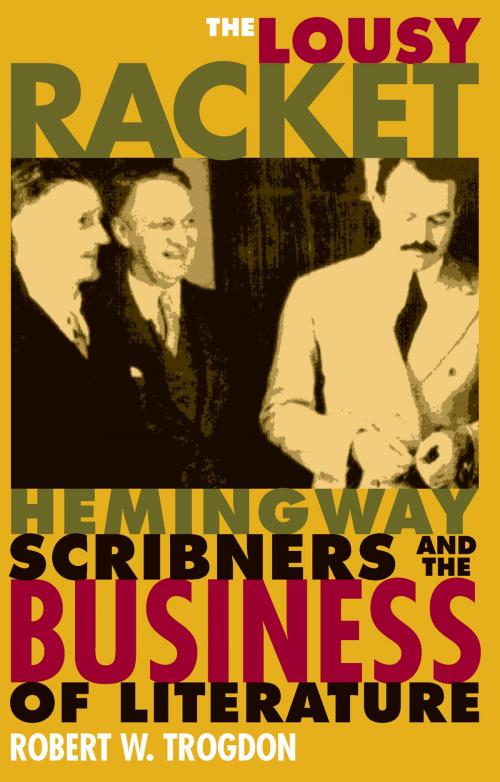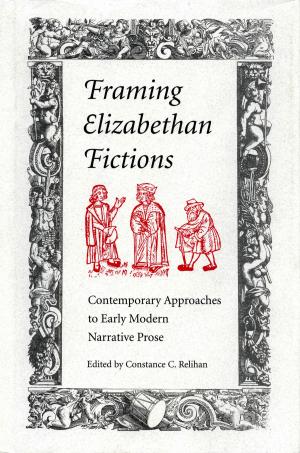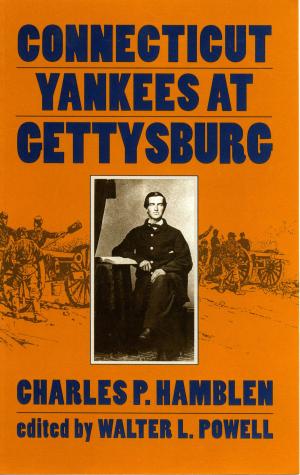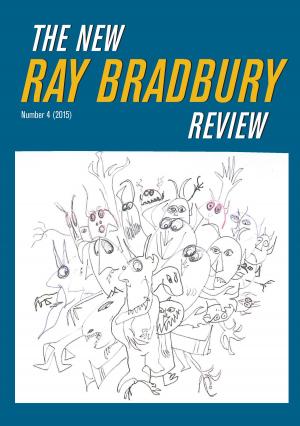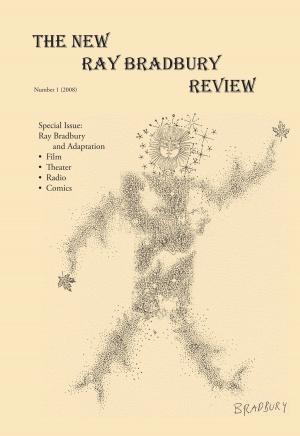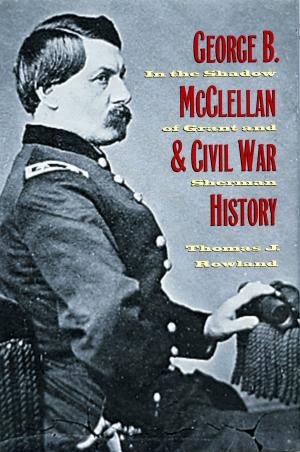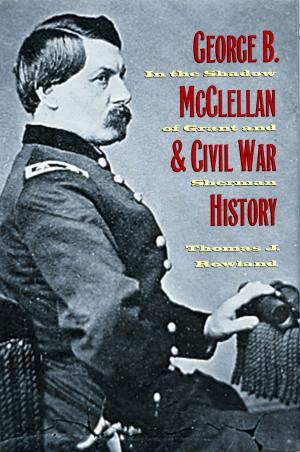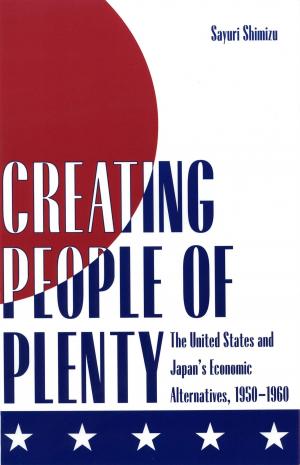The Lousy Racket
Hemingway, Scribners, and the Business of Literature
Fiction & Literature, Literary Theory & Criticism, Reference, American| Author: | Robert Trogdon | ISBN: | 9781631010705 |
| Publisher: | The Kent State University Press | Publication: | January 20, 2014 |
| Imprint: | The Kent State University Press | Language: | English |
| Author: | Robert Trogdon |
| ISBN: | 9781631010705 |
| Publisher: | The Kent State University Press |
| Publication: | January 20, 2014 |
| Imprint: | The Kent State University Press |
| Language: | English |
The business of making an American literary icon
The Lousy Racket is a thorough examination of Ernest Hemingway’s working relationship with his American publisher, Charles Scribner’s Sons, and with his editors there: Maxwell Perkins, Wallace Meyer, and Charles Scribner III. This first critical study of Hemingway’s professional collaboration with Scribners also details the editing, promotion, and sales of the books he published with the firm from 1926 to 1952 and provides a fascinating look into the American publishing industry in the early twentieth century.
This painstakingly researched study reveals the working relationship between Hemingway and his editors, with special emphasis on the friendship that developed between Hemingway and the dean of American book editors, Maxwell Perkins. Drawing on many unpublished resources, including correspondence between Hemingway and his editors and others in the firm, as well as printing, advertising records, and sales dummies,
Robert W. Trogdon shows how Hemingway’s public reputation was shaped in large part by Scribners.
Hemingway scholars will appreciate this contribution to Hemingway studies, and The Lousy Racket is an important contribution to studies in the modernist era in American literature and to book history.
The business of making an American literary icon
The Lousy Racket is a thorough examination of Ernest Hemingway’s working relationship with his American publisher, Charles Scribner’s Sons, and with his editors there: Maxwell Perkins, Wallace Meyer, and Charles Scribner III. This first critical study of Hemingway’s professional collaboration with Scribners also details the editing, promotion, and sales of the books he published with the firm from 1926 to 1952 and provides a fascinating look into the American publishing industry in the early twentieth century.
This painstakingly researched study reveals the working relationship between Hemingway and his editors, with special emphasis on the friendship that developed between Hemingway and the dean of American book editors, Maxwell Perkins. Drawing on many unpublished resources, including correspondence between Hemingway and his editors and others in the firm, as well as printing, advertising records, and sales dummies,
Robert W. Trogdon shows how Hemingway’s public reputation was shaped in large part by Scribners.
Hemingway scholars will appreciate this contribution to Hemingway studies, and The Lousy Racket is an important contribution to studies in the modernist era in American literature and to book history.
